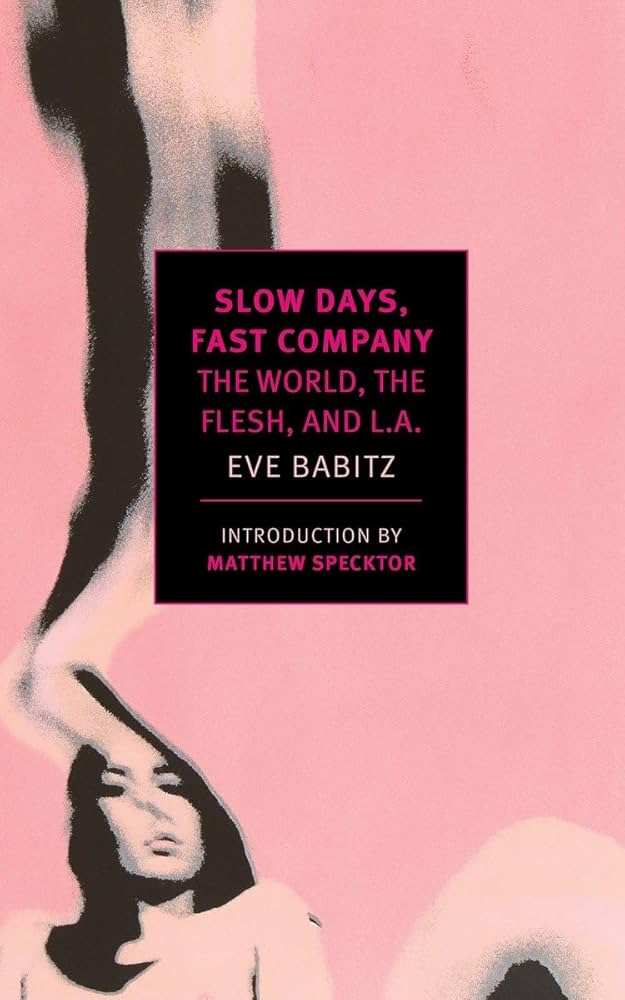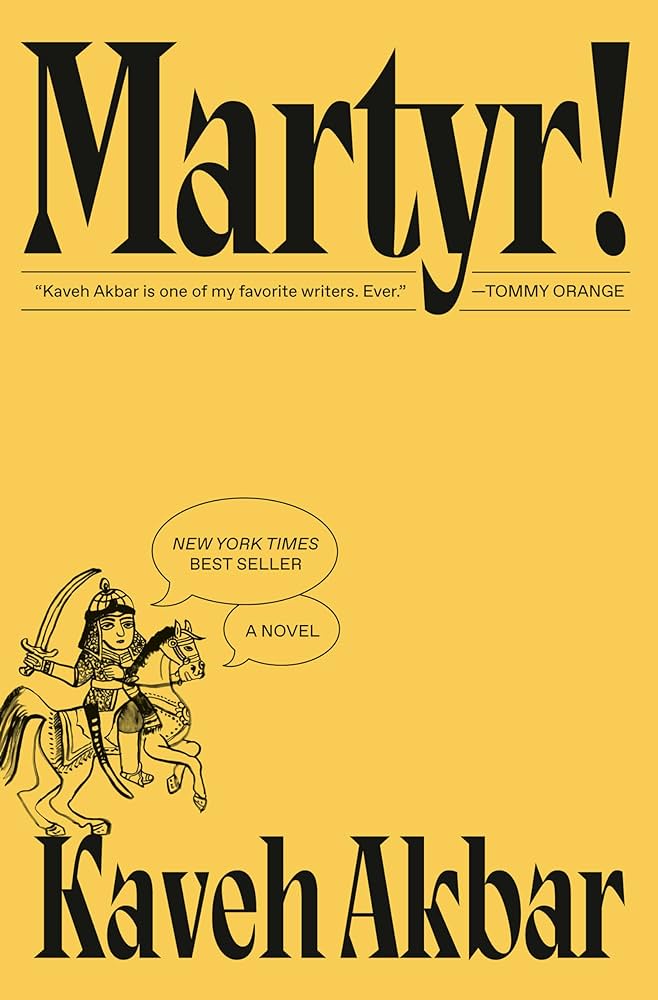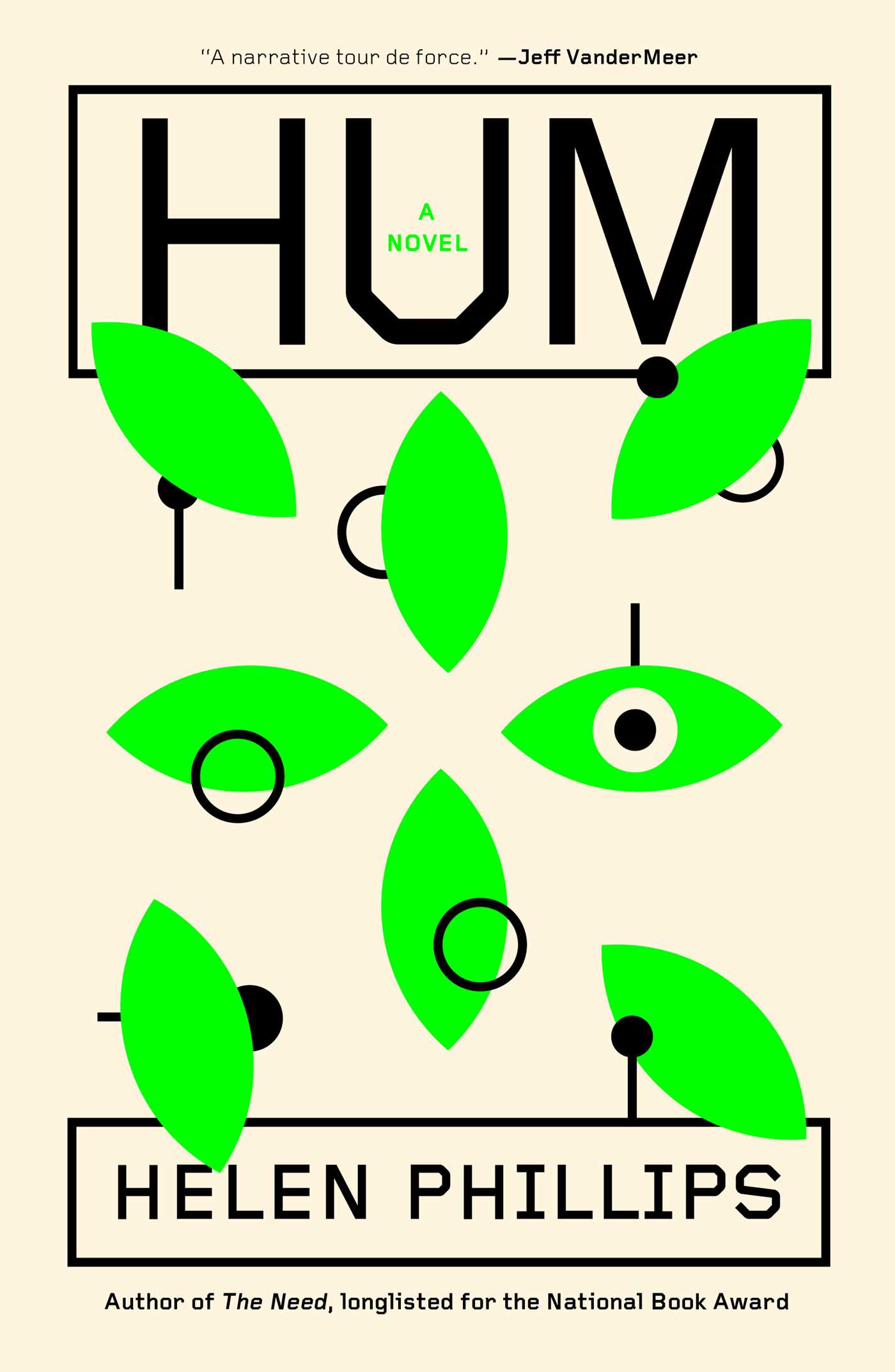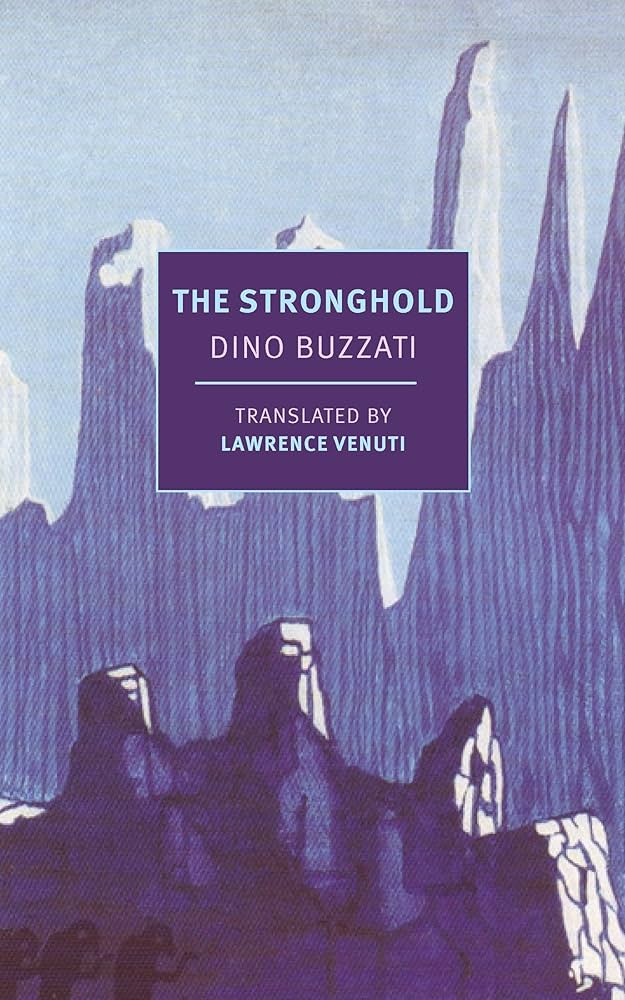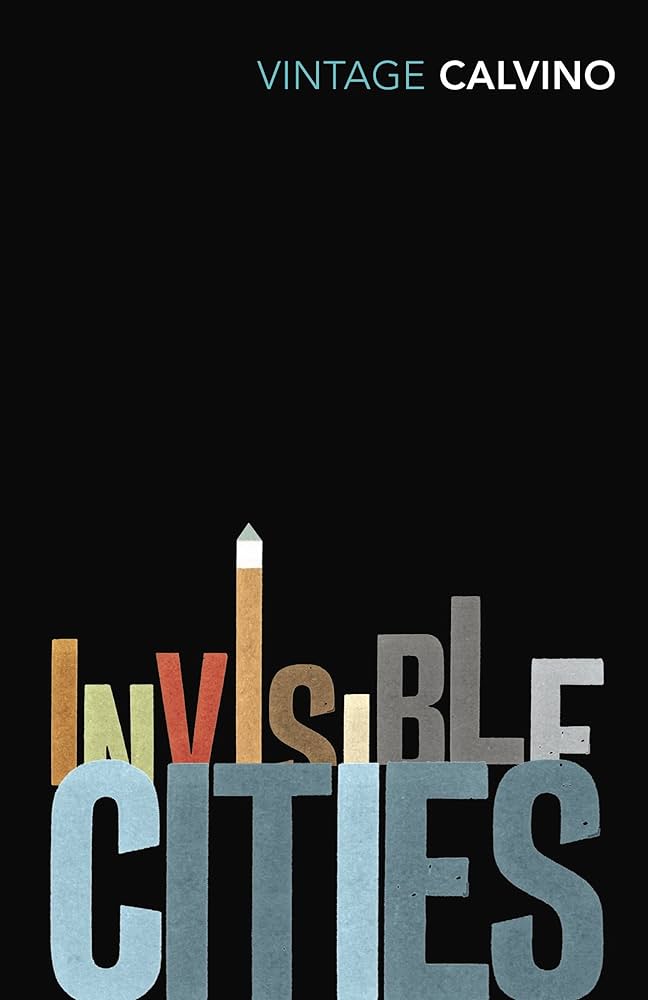The second I’ve read from him. This won the Booker Prize in 1999, and it’s a worthy one. It’s the story of a dirtbag in his 50’s who acts fully entitled to the women around him. He’s the centre of the universe and everything is about him.
Then the world turns upside down on him.
The way this character is written, the ease and entitlement with which he invades the privacy of the women he’s attracted to, makes the first half of this book a fairly uncomfortable read. He’s a lecherous creep, and isn’t concerned with the pain he is inflicting on those around him. Even when he’s confronted with his behaviour, he admits guilt but not remorse.
It’s excellent stuff, but there’s a lot more. There are whole essays about Coetzee’s use of Byron and Wordsworth, and the significance of the character and opera, but all of that is above my pay grade. Not getting it didn’t diminish the impact of the novel on me though.
The core of the novel seems to be about the impossibility of true understanding between two people, even people that are close. How language can work as an obstacle to understanding rather than an enablement.
Early in the book, we get this:
Although he devotes hours of each day to his new discipline, he finds its first premise, as enunciated in the Communications 101 handbook, preposterous: ‘Human society has created language in order that we may communicate our thoughts, feelings, and intentions to each other.’ His own opinion, which he does not air, is that the origins of speech lie in song, and the origins of song in the need to fill out with sound the overlarge and rather empty human soul.
When Lurie first meets his daughter’s neighbour, he considers the limits of language again:
Doubtless Petrus has been through a lot, doubtless he has a story to tell. He would not mind hearing Petrus’s story one day. But preferably not reduced to English. More and more he is convinced that English is an unfit medium for the truth of South Africa. Stretches of English code whole sentences long have thickened, lost their articulations, their articulateness, their articulatedness. Like a dinosaur expiring and settling in the mud, the language has stiffened. Pressed into the mould of English, Petrus’s story would come out arthritic, bygone.
The ‘Stretches of English…’ sentence took me a few tries to parse. Coetzee does this several times throughout the novel, analyzing how verb tenses influence ideas (‘burned – burnt – burnt up’) which made me stop and think about language in a way I hadn’t before. Even the title of the book is a kind of double-entendre that doesn’t become apparent until late in the book.
Even without all this snobbery though, the book is an education on South Africa in the late 90s. The interpersonal politics, the subtext to every action, the difficult social constructions that affect daily life — there is fascinating stuff here. I’ve only scratched the surface of Coetzee’s work and I can’t wait to read more.


